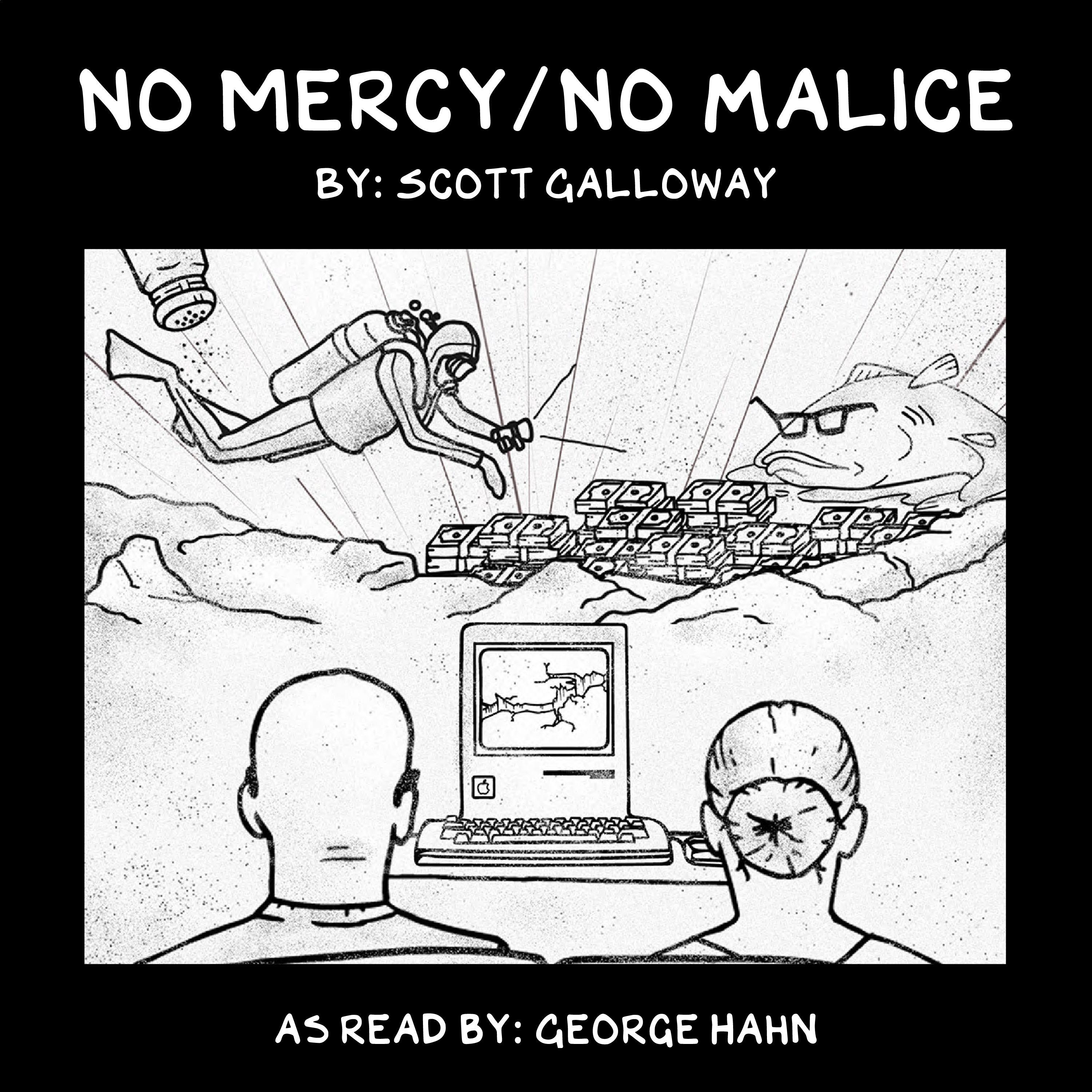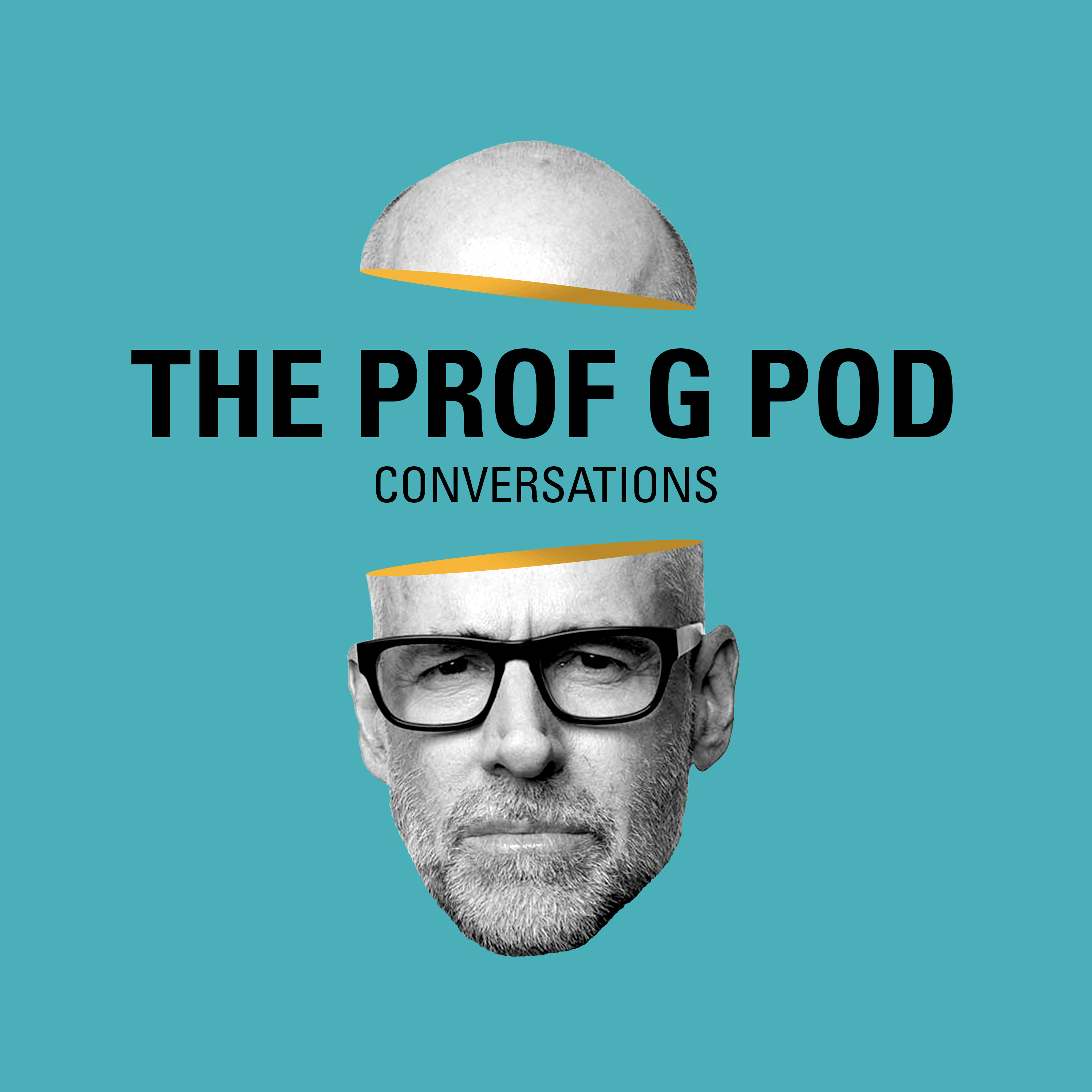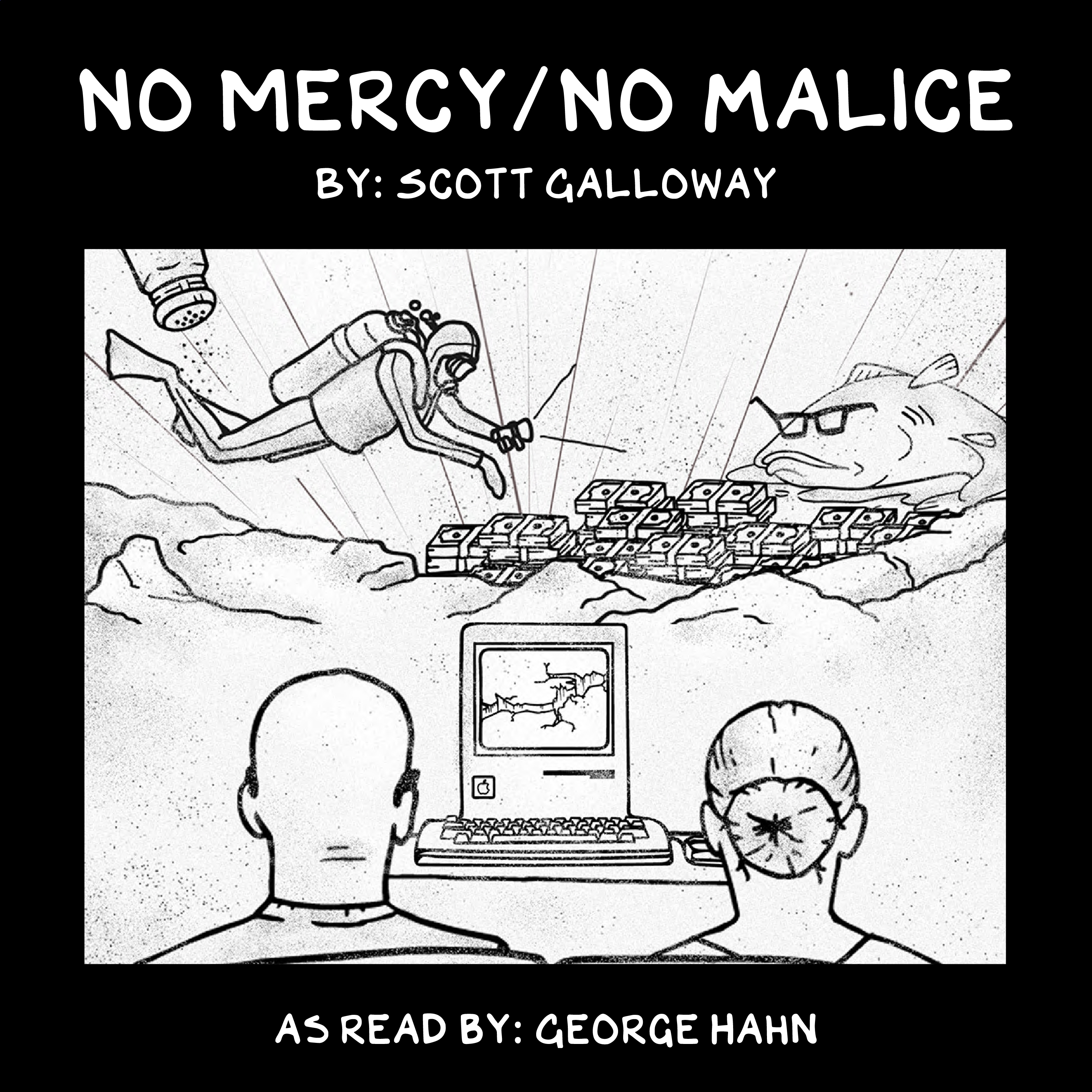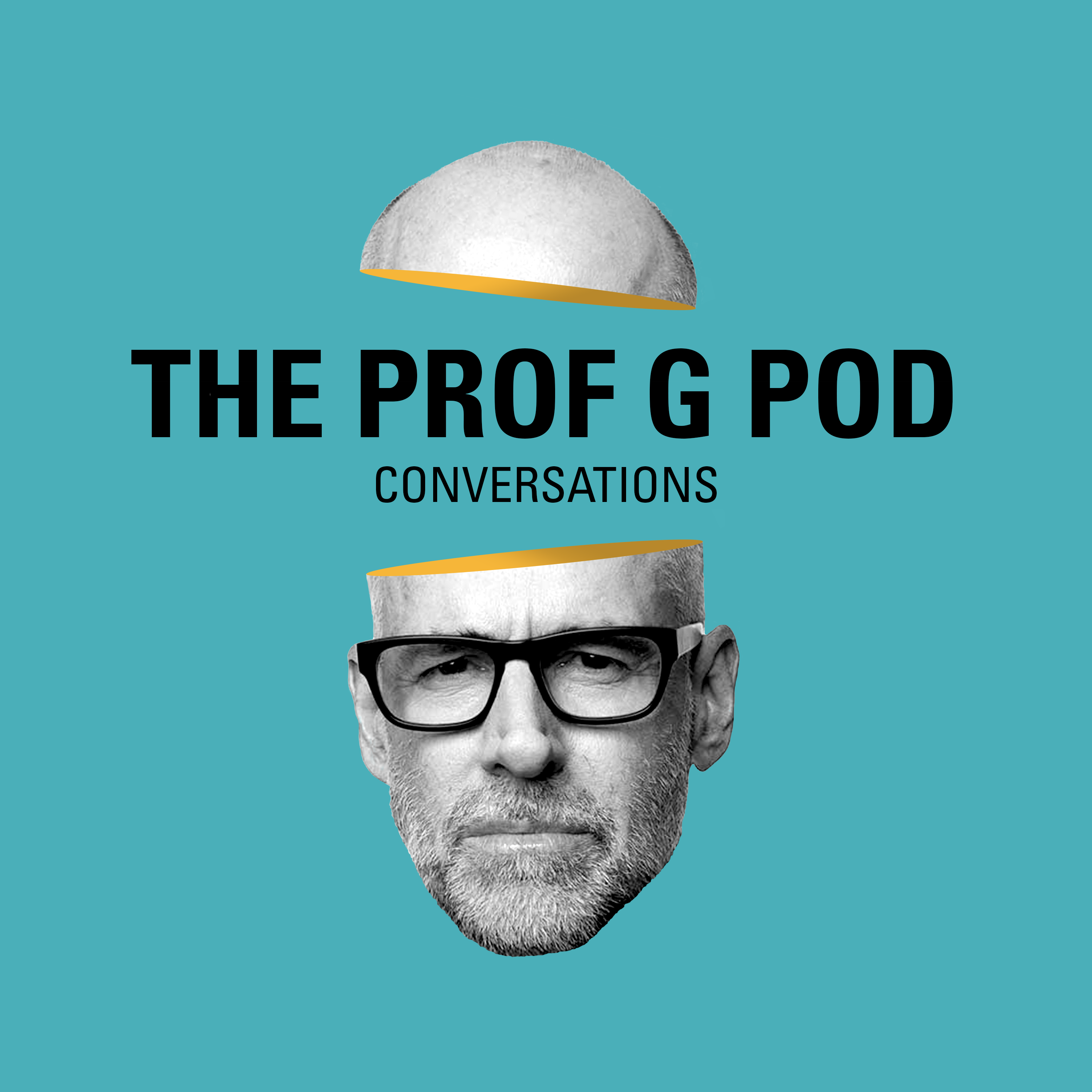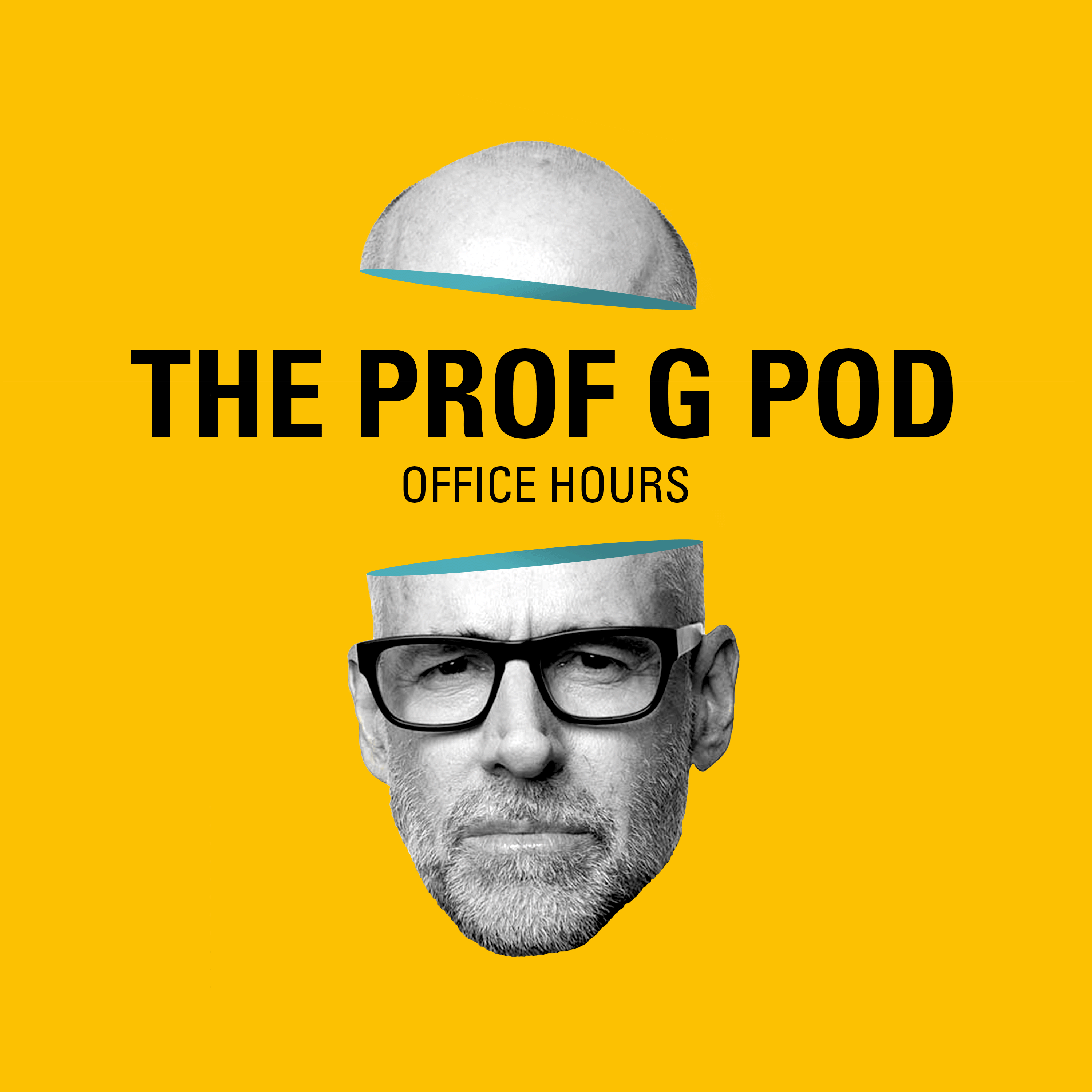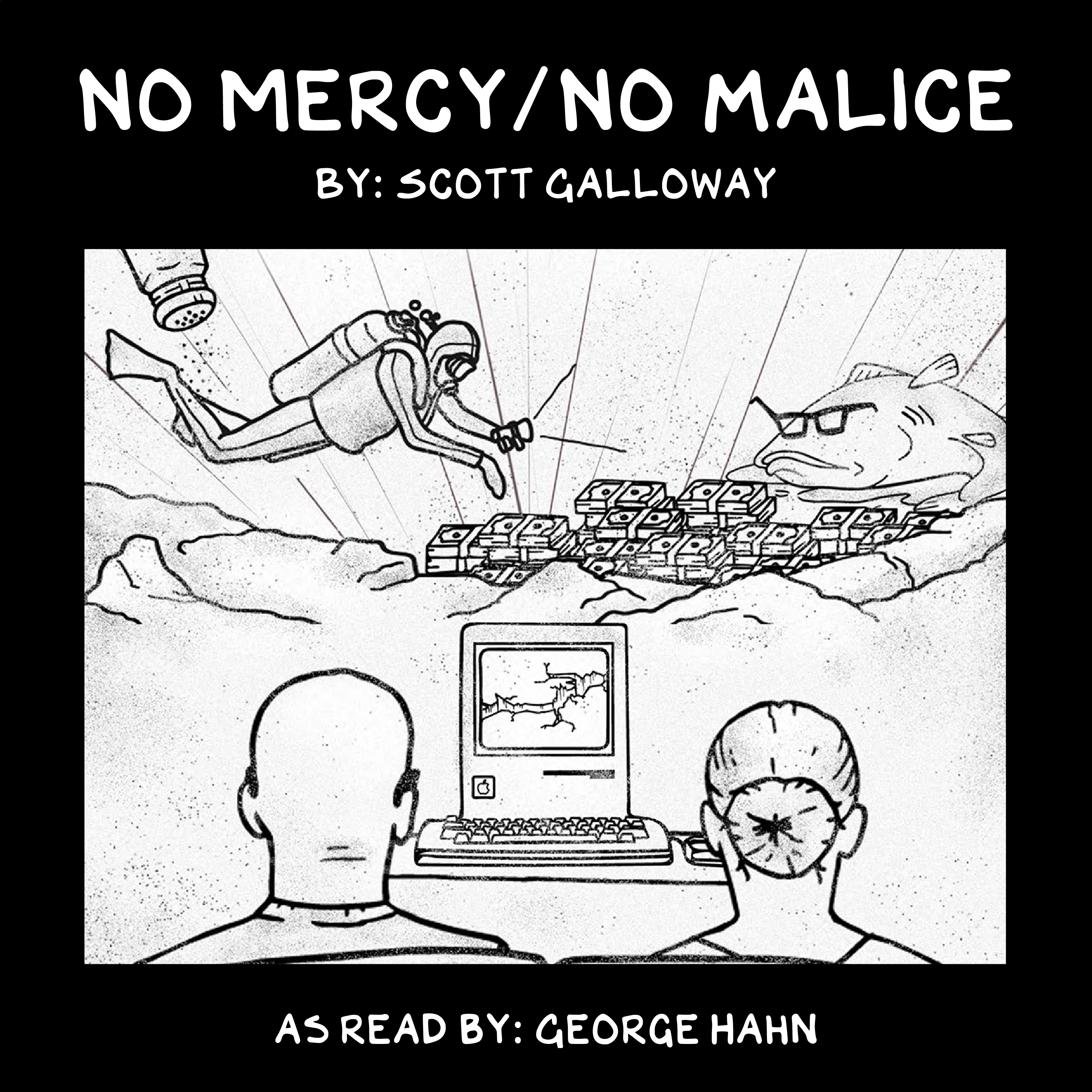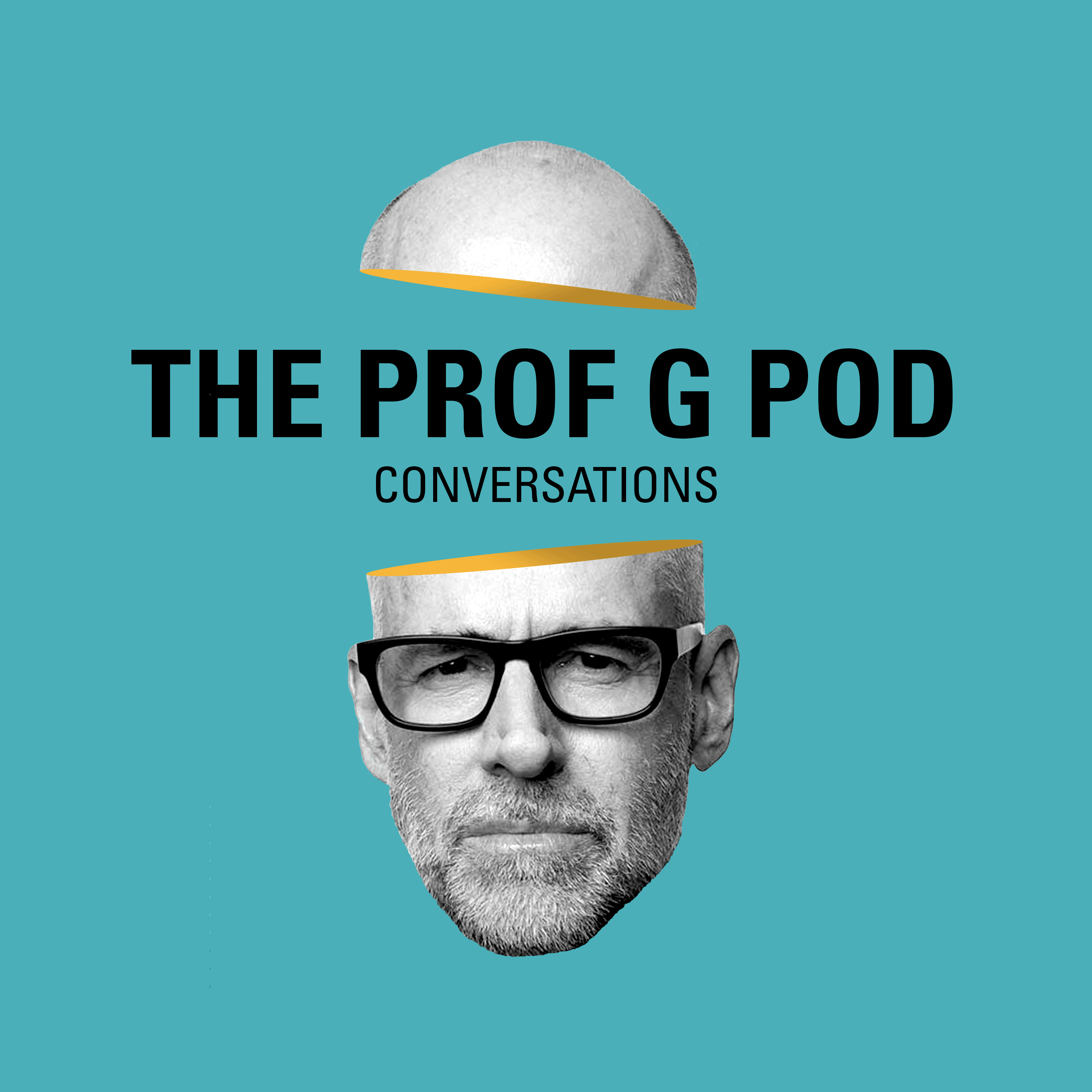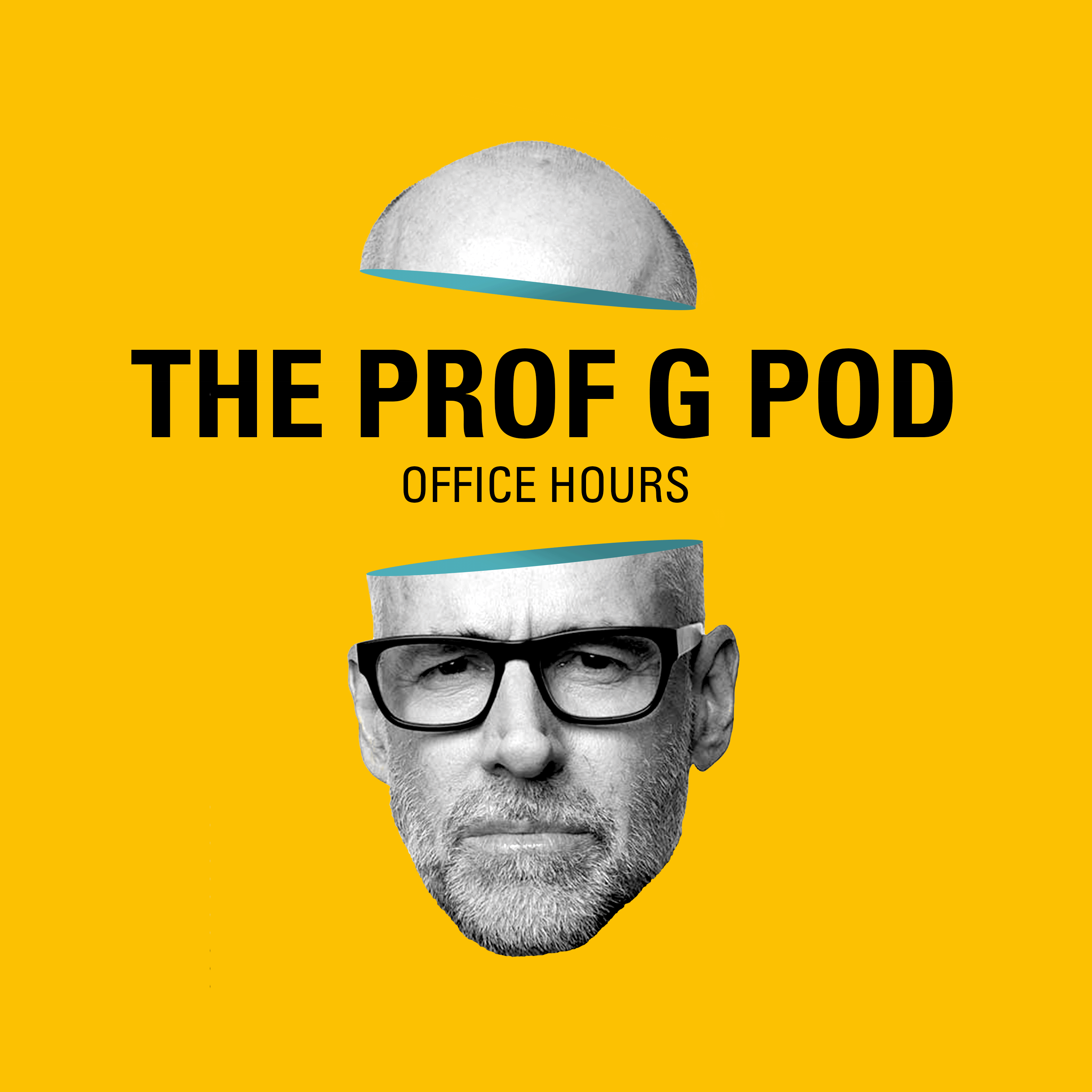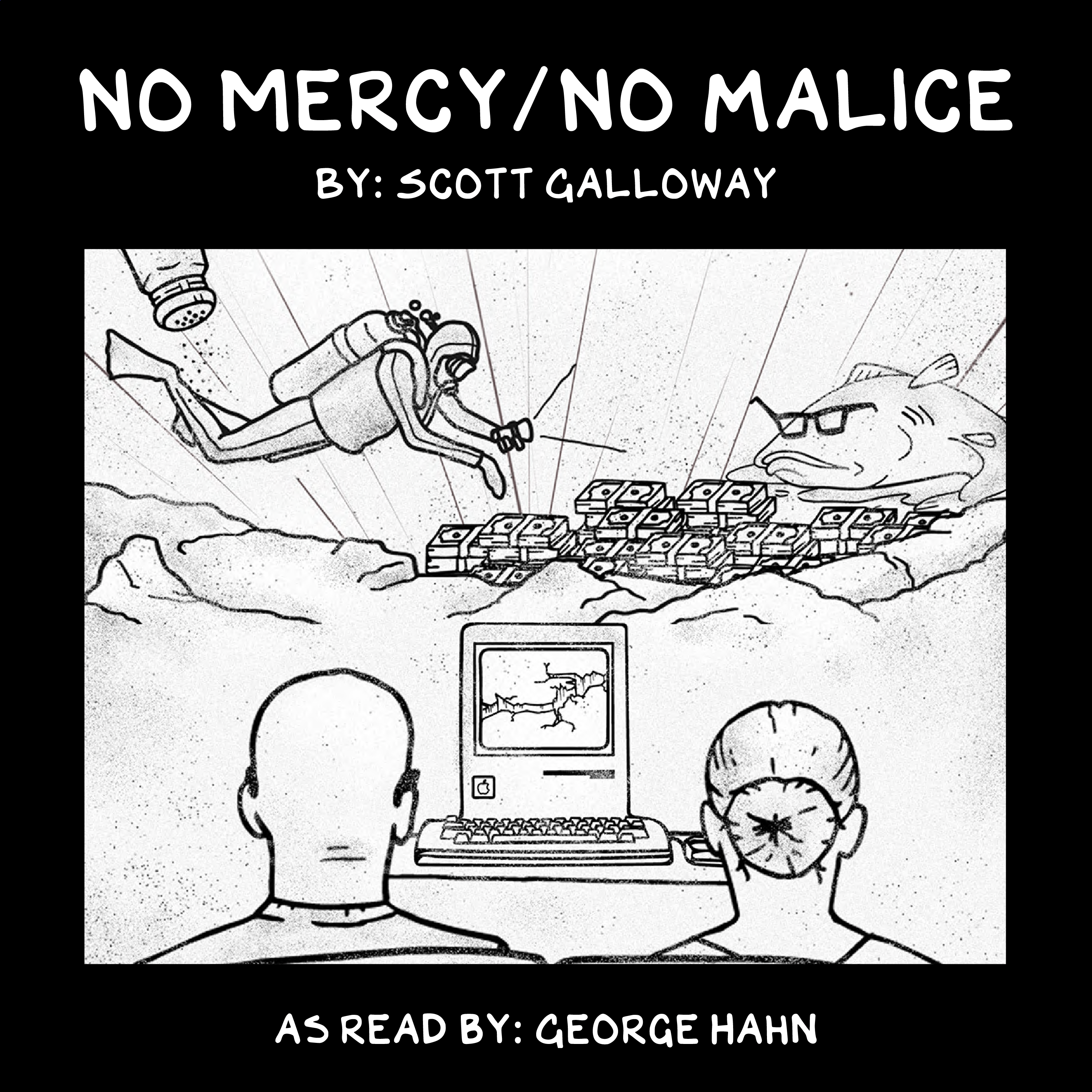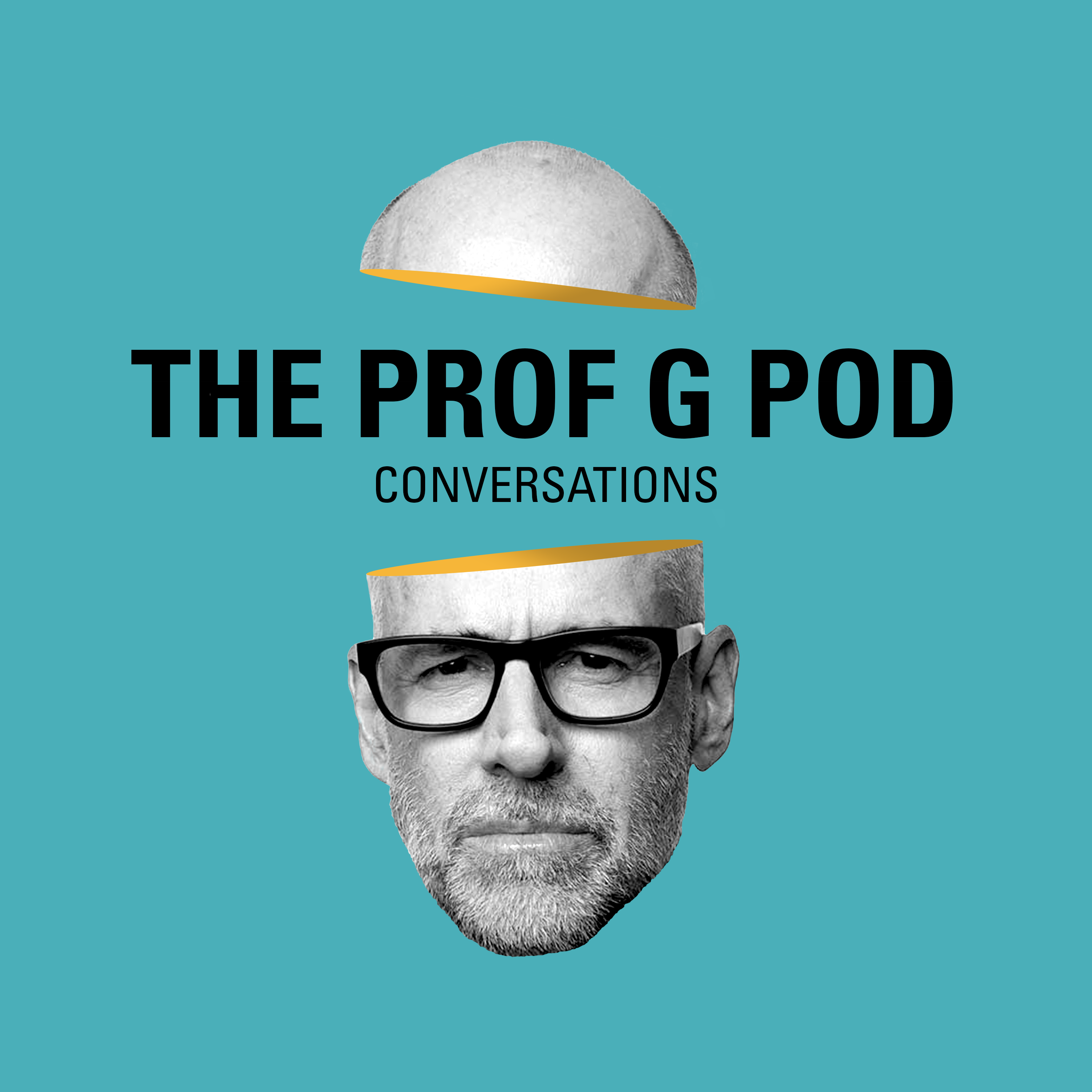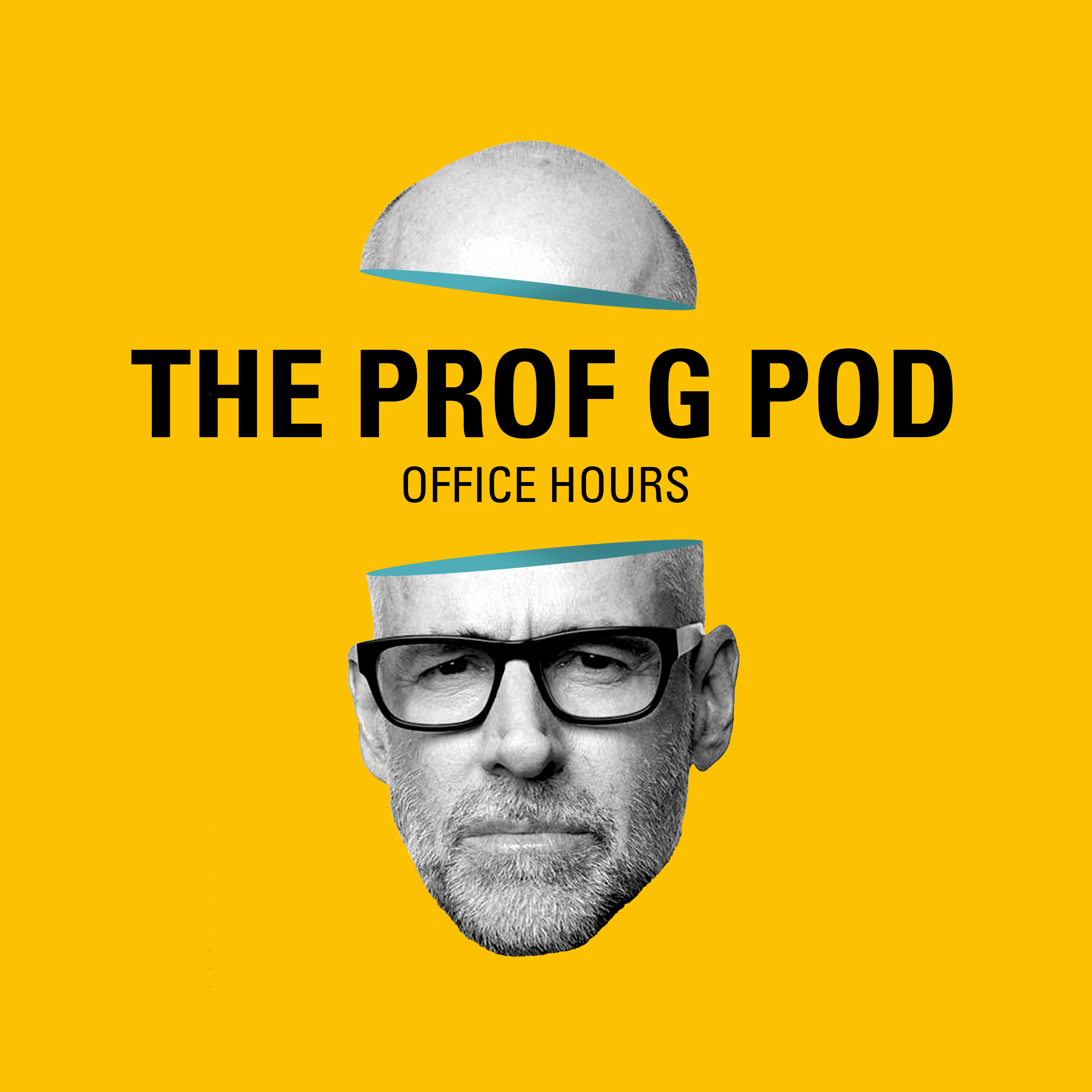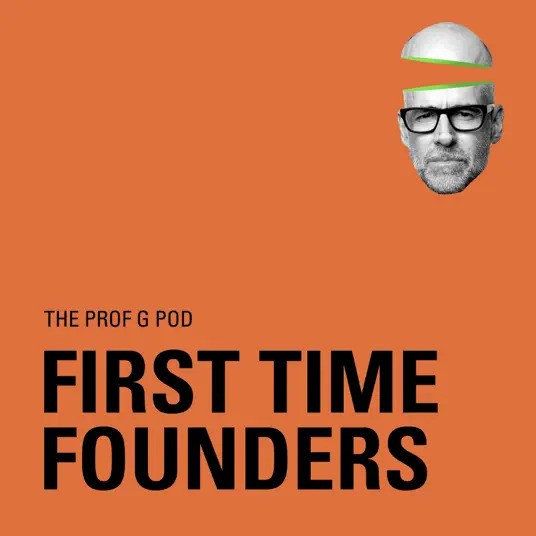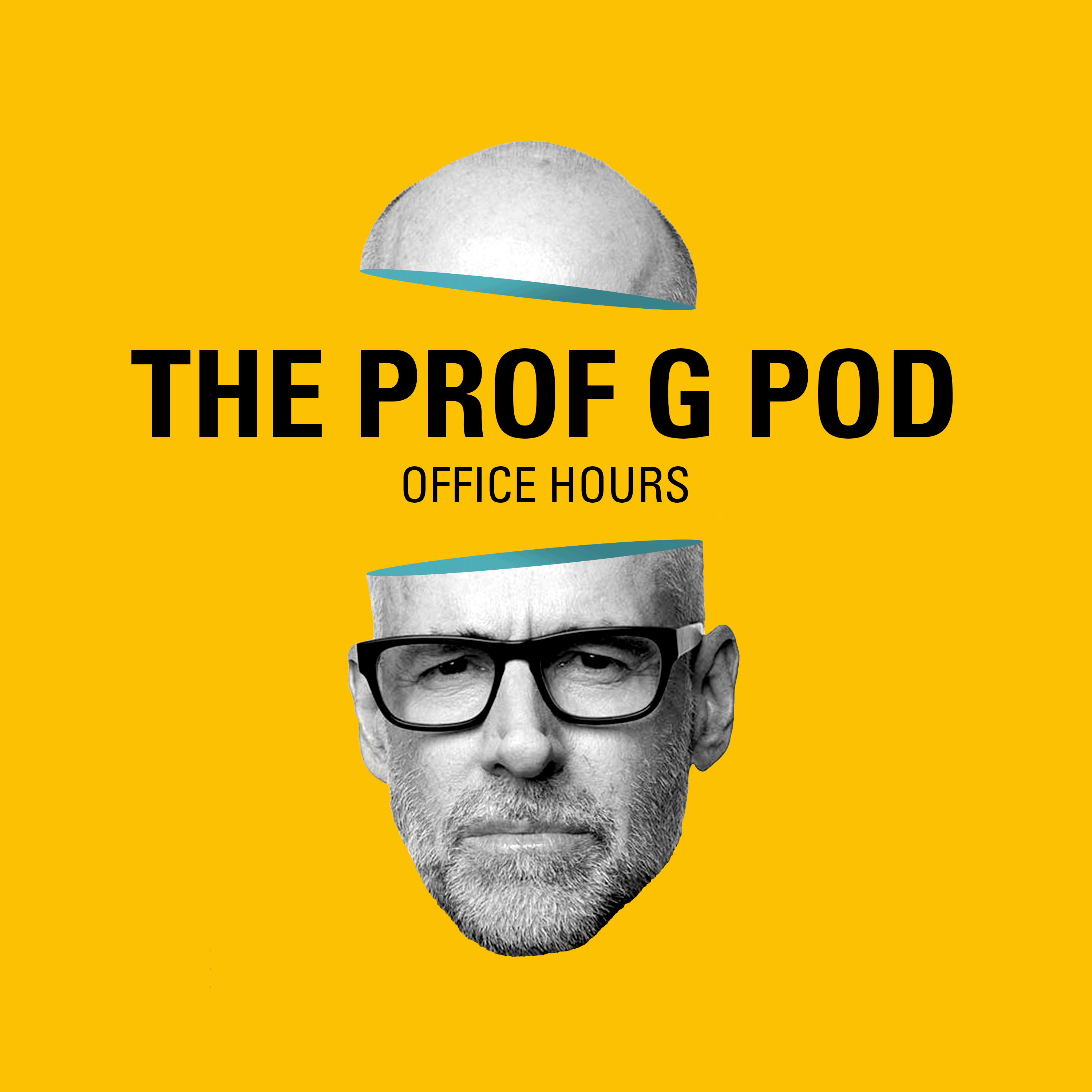As read by George Hahn. https://www.profgalloway.com/think-slow-2/ Learn more about your ad choices. Visit podcastchoices.com/adchoices
We’re listening back to some of our favorite conversations from the past year. Learn more about your ad choices. Visit podcastchoices.com/adchoices
Follow Prof G Markets: Apple Podcasts Spotify Scott and Ed answer listener-submitted questions about everything from the origins of Ed’s accent to how they ...
By Ed Elson, as read by George Hahn. https://www.profgalloway.com/people-are-the-new-brands/ Learn more about your ad choices. Visit ...
Daniel Pink, the author of five New York Times bestselling books including Drive: The Surprising Truth About What Motivates Us and To Sell is Human: The ...
Scott discusses the impact of home-sharing companies, including Airbnb and Vrbo, on the housing affordability crisis. He then gives advice to entrepreneurs and ...
In place of Raging Moderates, we’re sharing an episode of The Gray Area featuring the Dawg. Host Sean Illing gets personal when he asks professor and ...
Follow Prof G Markets: Apple Podcasts Spotify Scott and Ed open the show by discussing why a federal judge blocked Kroger’s acquisition of Albertsons, Warner ...
As read by George Hahn. https://www.profgalloway.com/killing-the-cat/ Learn more about your ad choices. Visit podcastchoices.com/adchoices
Michael Lewis, a New York Times bestselling author and the host of the podcast Against the Rules, joins Scott to discuss the state of sports betting, the ...
Scott discusses the future of podcasting and gives advice on how smaller podcasts can best position themselves. He then speaks about Michael Burry’s skepticism ...
Scott Galloway and Jessica Tarlov dive into Trump’s big promises for day one of his presidency, the end of Assad’s regime in Syria, the heated debate over ...
Follow Prof G Markets: Apple Podcasts Spotify Scott and Ed open the show by discussing Saleforce’s earnings, Meta’s venture into nuclear energy, and the ...
As read by George Hahn. https://www.profgalloway.com/media-consolidation/ Learn more about your ad choices. Visit podcastchoices.com/adchoices
Codie Sanchez, a former Wall Street investor and the founder and CEO of Contrarian Thinking, joins Scott to discuss her new book, MAIN STREET MILLIONAIRE: How ...
Scott discusses Perplexity’s new ‘Buy With Pro’ feature, specifically what it means for the future of the retail industry. He then speaks about Las Vegas and ...
Scott Galloway and Jessica Tarlov discuss the implications of President Biden’s pardon for his son, Hunter. Then, they get into Trump’s tariff proposals, ...
Follow Prof G Markets: Apple Podcasts Spotify Scott breaks down the best and worst purchases he’s ever made, and why he prefers spending money on experiences ...
Ed speaks with Reed Hastings, co-founder and executive chairman of Netflix. They discuss the company’s path from dvd rental to streaming, the importance ...
Scott discusses what’s at stake in the Google antitrust case, specifically whether a breakup of Google is likely to happen. He then speaks about the news that ...
- « Previous Page
- 1
- …
- 24
- 25
- 26
- 27
- 28
- …
- 62
- Next Page »

